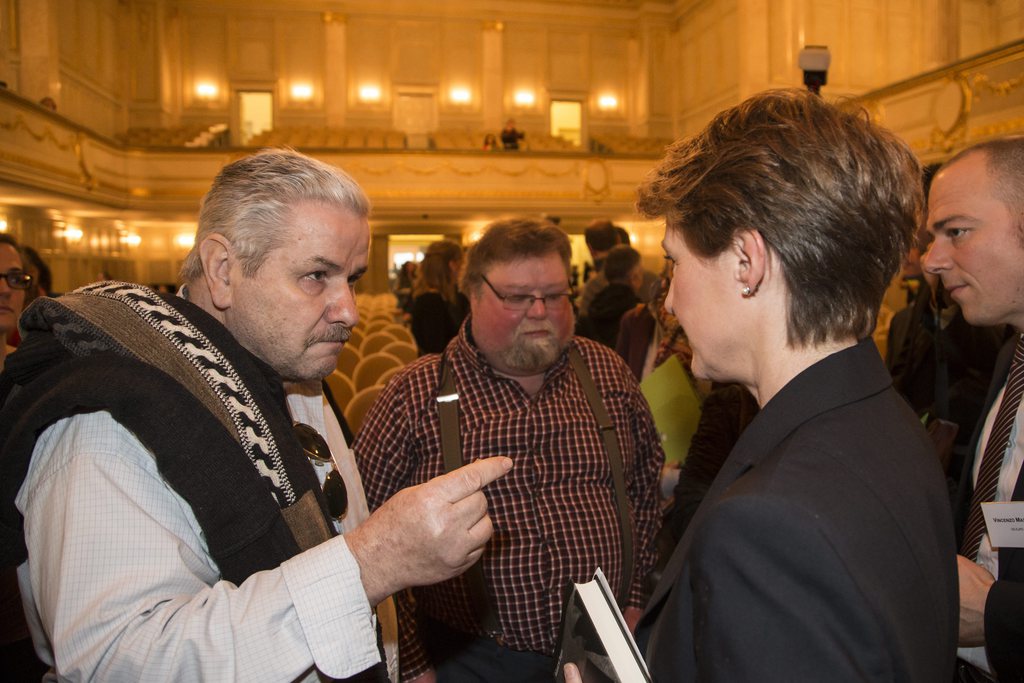Government offers CHF300 million to abuse victims

The Swiss government has offered CHF300 million ($295 million) in compensation to victims of historic abuse and injustice in the country’s care and internment system. The move is intended to avoid a referendum on the issue, which sets compensation at CHF500 million.
Last month campaigners handed in more than 100,000 signatures in support of the ‘Reparations Initiative’, which seeks to compensate a wide-ranging group of victims, including foster children who were used as farm labourers and adults who were imprisoned or institutionalised for their lifestyle.
The initiative committee welcomed the inclusion of compensation in the government’s position. “This is a significant and big step in the right direction and responds to a central demand in the reparation initiative,” a statement read.
It is now up to parliament, the committee said, to show its colours so that the victims “can finally receive justice”.
In its proposal, released on Wednesday, the cabinet stressed that more victims would benefit if it could resolve the issue through introducing legislation rather than waiting for a national referendum. Many survivors are now elderly.
“Many of them live in difficult financial circumstances today because of the injustices they suffered,” the government statement read.
The legislation would be prepared by the justice ministry by the summer, it added. Apart from setting out a legal framework for the compensation, the new law would also legally recognise the injustice that was done, secure the relevant archives and regulate victims’ access to historic files.
The initiative committee comprises representatives of victims’ groups and members of all the main political parties, with the exception of the rightwing Swiss People’s Party.
Under the ‘administrative care’ legal provision, which was only scrapped in 1981, people could be locked away indefinitely if deemed to be “workshy” or promiscuous. It was often applied to unmarried pregnant women and girls. Some of those interned were subject to forced sterilisation or medical experiments. It is estimated that at least 20,000 people were affected by these practices in the 20th century.
Apology
At a remembrance event in Bern in 2013, Justice Minister Simonetta Sommaruga apologised to the victims of the harsh system.
Last year saw the founding of a hardship fund for victims, intended as a temporary solution for victims in need until a legal basis for state-funded compensation could be created.
Some 400 applicants have received average payments of CHF8,000 since the fund, supported by cantons, cities, communes, institutions and organisations, opened in September.
Separately, Sommaruga appointed an expert panel to examine and propose a legal framework for compensation. This should extend not only to victims who can prove they are in financial need but to all who were mistreated as an acknowledgment of the injustice and a sign of social solidarity.

In compliance with the JTI standards
More: SWI swissinfo.ch certified by the Journalism Trust Initiative











You can find an overview of ongoing debates with our journalists here . Please join us!
If you want to start a conversation about a topic raised in this article or want to report factual errors, email us at english@swissinfo.ch.